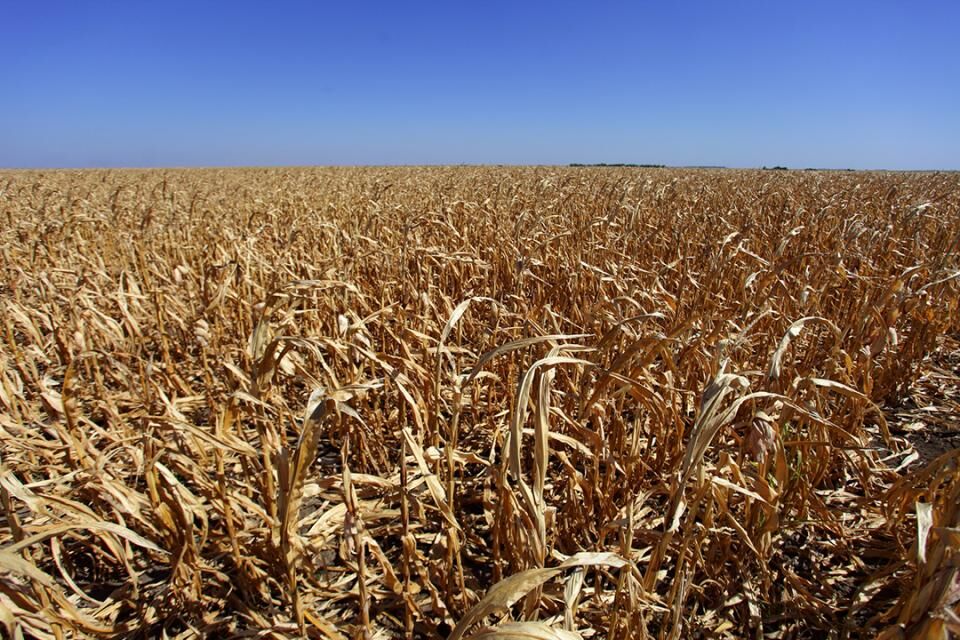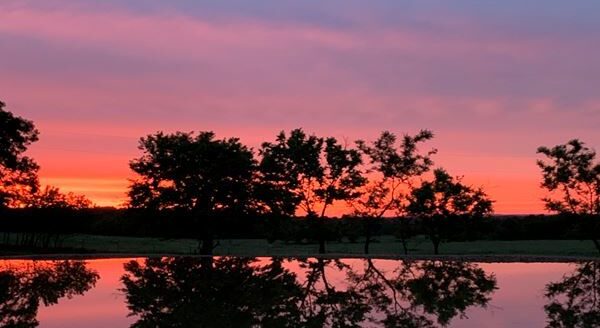Gov. Laura Kelly has approved updated drought declarations for Kansas counties with Executive Order #22-08. This drought declaration continues to keep all 105 Kansas counties either in watch, warning or emergency status.
“Much of Kansas continues to experience severe drought conditions which have impacted the daily lives of Kansans through our hot and dry summer months,” said Kelly. “As these conditions are forecast to persist or worsen over the foreseeable future, I strongly encourage all Kansans to be mindful of ways we can conserve water and minimize fire hazards.”
The drought declaration placed 67 counties into an emergency status, 11 counties in a warning status and 27 into a watch status. This action was recommended by Connie Owen, director of the Kansas Water Office and chair of the Governor’s Drought Response Team.
Much of Kansas has experienced above normal temperatures dating back to the previous April, with precipitation averaging well below normal for many of those same locations over that same timeframe. In some parts of Kansas these precipitation deficit conditions have existed since the latter part of 2021. The outlooks from now through December favor above-normal temperatures and below-normal precipitation for nearly all portions of Kansas, meaning drought conditions could persist and expand over the next several months.
“The current drought conditions impacting much of Kansas have stressed surface and groundwater supplies, negatively impacted crop production, and led to elevated wildfire risk in many areas,” said Owen. “The Governor’s Drought Response Team will continue to be diligent in the monitoring of drought conditions across Kansas and make future drought recommendations to Governor Kelly as conditions change. With outlooks continuing to call for challenging conditions into the winter months, the need for continued drought awareness and action across Kansas is essential.”
Through an interagency agreement between the Kansas Water Office, Kansas Department of Wildlife and Parks and Kansas Division of Emergency Management, counties in emergency stage are eligible for emergency use of water from certain state fishing lakes. These counties also become eligible for water in some federal reservoirs.
Individuals and communities need to contact the Kansas Water Office for a water supply request prior to any withdrawals from lakes. These requests will in turn be referred to the appropriate office to obtain necessary permits to withdraw requested water.
This Executive Order shall remain in effect for those counties so identified until rescinded by Executive Order ending the declaration or revising the drought stage status of the affected counties.
Effective immediately, Executive Order #22-08:
• Declares a Drought Emergency, Warning or Watch for the counties as identified below;
• Authorizes and directs all agencies under the jurisdiction of the Governor to implement the appropriate watch, warning or emergency level drought response actions assigned in the Operations Plan of the Governor’s Drought Response Team.
The Governor’s Drought Response Team will continue to watch the situation closely and work to minimize the negative drought-induced effects on Kansans.
For more detailed information about current conditions, visit the Climate and Drought webpage on the Kansas Water Office website at kwo.ks.gov.
County Drought Stage Declarations
Drought Emergency: Allen, Barber, Barton, Bourbon, Butler, Chautauqua, Cherokee, Cheyenne, Clark, Comanche, Cowley, Crawford, Decatur, Edwards, Elk, Ellis, Ellsworth, Finney, Ford, Gove, Graham, Grant, Gray, Greeley, Greenwood, Hamilton, Harper, Harvey, Haskell, Hodgeman, Kearny, Kingman, Kiowa, Labette, Lane, Logan, McPherson, Meade, Montgomery, Morton, Neosho, Ness, Norton, Pawnee, Phillips, Pratt, Rawlins, Reno, Rice, Rooks, Rush, Russell, Scott, Sedgwick, Seward, Sheridan, Sherman, Stafford, Stanton, Stevens, Sumner, Thomas, Trego, Wallace, Wichita, Wilson, and Woodson.
Drought Warning: Anderson, Chase, Coffey, Lincoln, Linn, Lyon, Marion, Morris, Osborne, Saline and Smith.
Drought Watch: Atchison, Brown, Clay, Cloud, Dickinson, Doniphan, Douglas, Franklin, Geary, Jackson, Jefferson, Jewell, Johnson, Leavenworth, Marshall, Miami, Mitchell, Nemaha, Osage, Ottawa, Pottawatomie, Republic, Riley, Shawnee, Wabaunsee, Washington, and Wyandotte.



